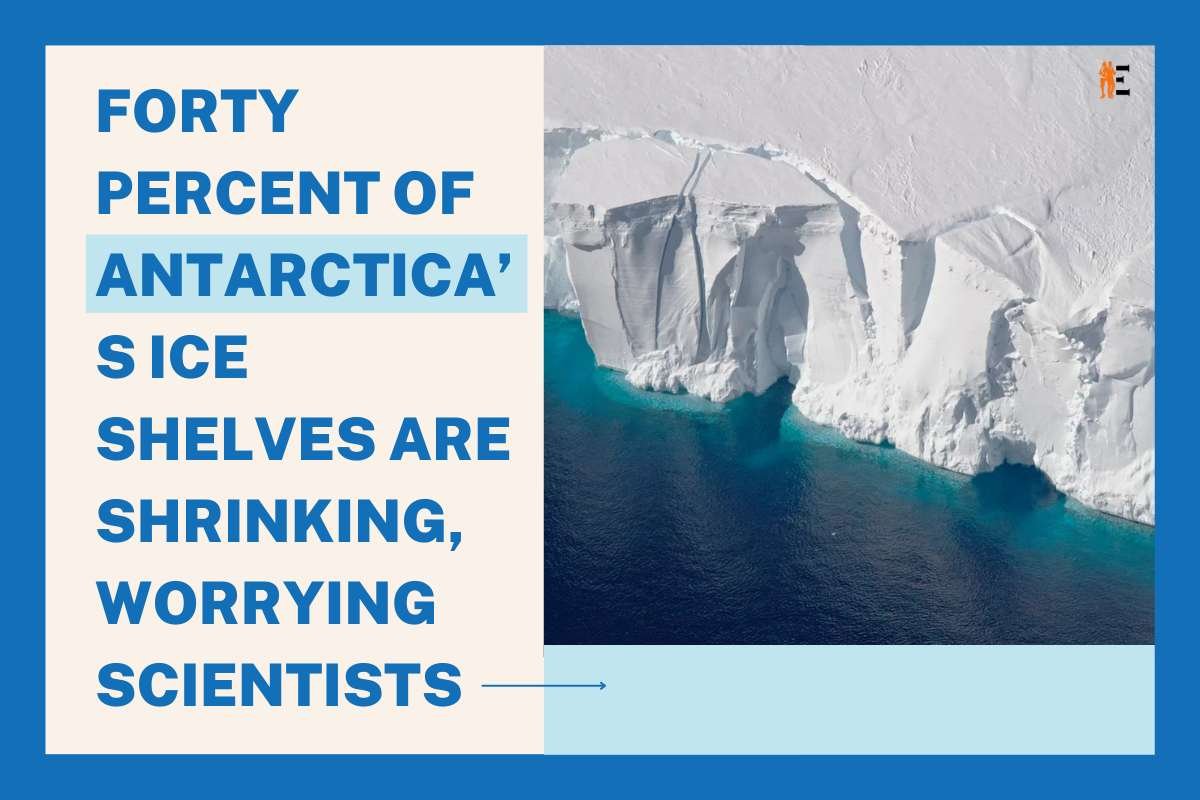OceanGate, the parent company of the Titan sub, “didn’t get certified because they knew they wouldn’t pass”.
James Cameron, the director of the 1997 Hollywood film Titanic, reportedly told the BBC that he felt the loss of the Titan submersible “in my bones.”
To far, Cameron has made 33 dives to the Titanic wreck.
He said that he was on a ship when the sub went missing on Sunday and that he didn’t find out until Monday.
He claimed that as soon as he learnt that the sub had simultaneously lost both its navigation and communication, he had disaster on the brain.
“I could physically feel what had happened. If the electronics, communication system, and tracking transponder of the sub all fail at once, the sub is lost.
The filmmaker continued, “I called a few of my connections in the deep submersible sector right away. In approximately an hour, I had the information below. They were falling. At 3500 metres, they were moving towards the bottom at 3800 metres.
“Their communications and navigation were lost, and I immediately remarked that you cannot lose communications and navigation at the same time without an extremely catastrophic occurrence or a highly energetic catastrophe. And an implosion was the first thing that came to mind.
‘OceanGate were warned’ about Titan sub safety, says Titanic director James Cameron – BBC News
The US Navy discovered “an acoustic anomaly consistent with an implosion” shortly after the Titan lost communication with the surface, a US Navy official told the BBC’s partner CBS News on Thursday.
According to the official, the US Coast Guard crew received the information and used it to reduce the size of the search area.
In the previous week, according to Cameron, “people have been running around talking about banging noises and talking about oxygen and all this other stuff,” which has “felt like a prolonged and nightmarish charade.”
“I was certain that the sub was positioned precisely beneath its previous depth and location. They discovered it right there, he said.
Searchers “found it within hours, probably within minutes” after a remotely operated underwater vehicle was launched on Thursday, he continued. Cameron compared the loss of Titan and its crew to the sinking of the Titanic itself in 1912 and said there was a “terrible irony” in their deaths.
“We now have another wreck that is unfortunately based on the same principles of not heeding warnings,” he remarked. “OceanGate were forewarned.”
He said that internal employees of the organisation had left, but he didn’t say why.
He continued by stating that several members of the deep submergence community, albeit not specifically himself, had written a letter to OceanGate expressing their belief that, in his words, “you are going on a path to catastrophe.” Cameron is not the first to express dissatisfaction with how the tourism company is run.
The Marine Technology Society (MTS) warned OceanGate in a letter that was addressed to the company in March 2018 and was acquired by the New York Times that “the current ‘experimental’ approach adopted by OceanGate… could result in negative outcomes (from minor to catastrophic)”.
Separately, US court records reveal that an ex-OceanGate worker forewarned of potential safety issues with the vessel as early as 2018. According to the records, the company’s director of maritime operations, David Lochridge, expressed concerns in an inspection report.
The safety concerns brought up by Mr. Lochridge and the MTS were not addressed by an OceanGate official.











